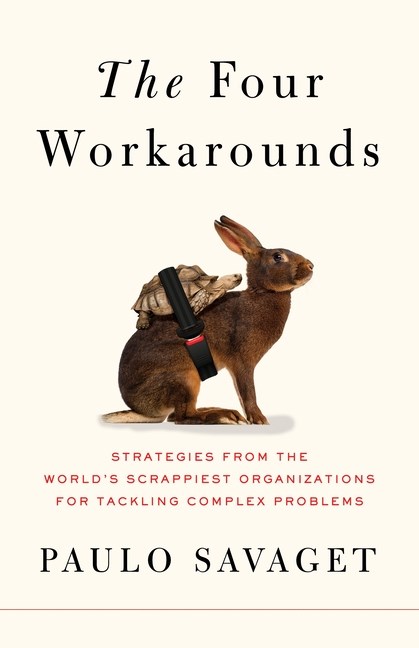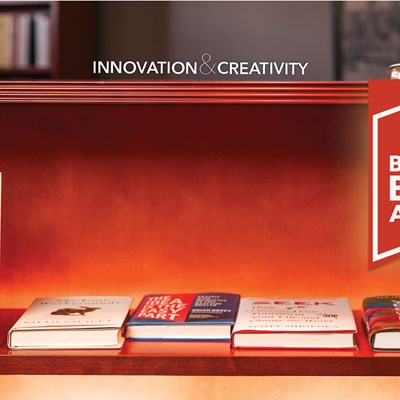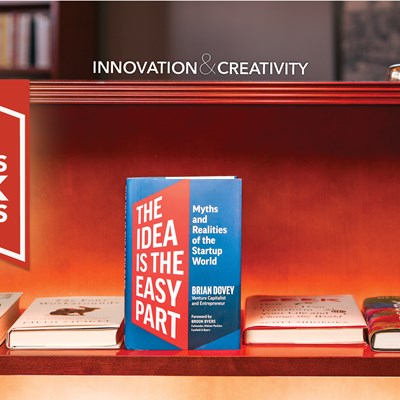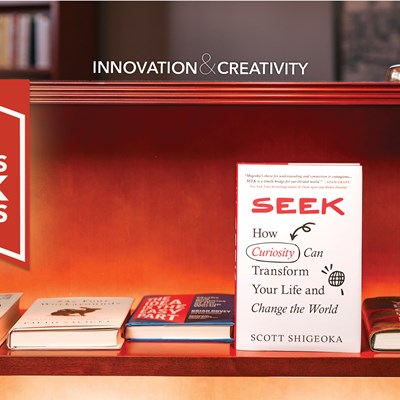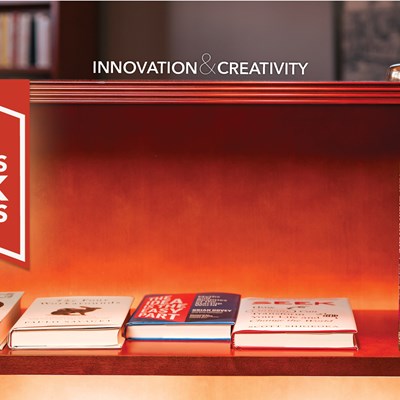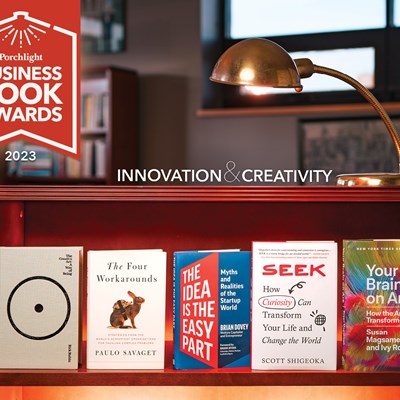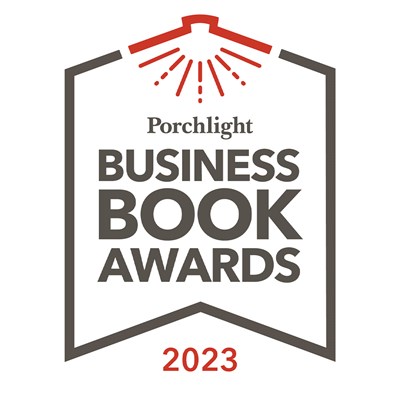The Four Workarounds | An Excerpt from the Innovation & Creativity Category
December 28, 2023
Paulo Savaget argues that studying the innovative practices of resourceful organizations is crucial for success in today’s business world.
As Porchlight's Creative Director Gabbi Cisneros writes:
What I admire most about the authors in the Innovation and Creativity category is when you can tell how genuinely engaged in their curiosity that they are. For example, a New York Times story on a computer hacker/cybercriminal might fascinate anyone, but for Paulo Savaget, it raised the question: “How can we learn from hackers and deploy their methods to address our world’s most urgent and high-stakes socio-environmental challenges?”
The result is the book The Four Workarounds, a fascinating exploration of how to rethink getting from Point A to Point B. And what makes it stand out is that it is directly applicable to everyone from large organizations to solo entrepreneurs to nonprofits.
In this excerpt, Paulo Savaget discusses his journey into studying “scrappy” organizations and what other business leaders can learn from them.
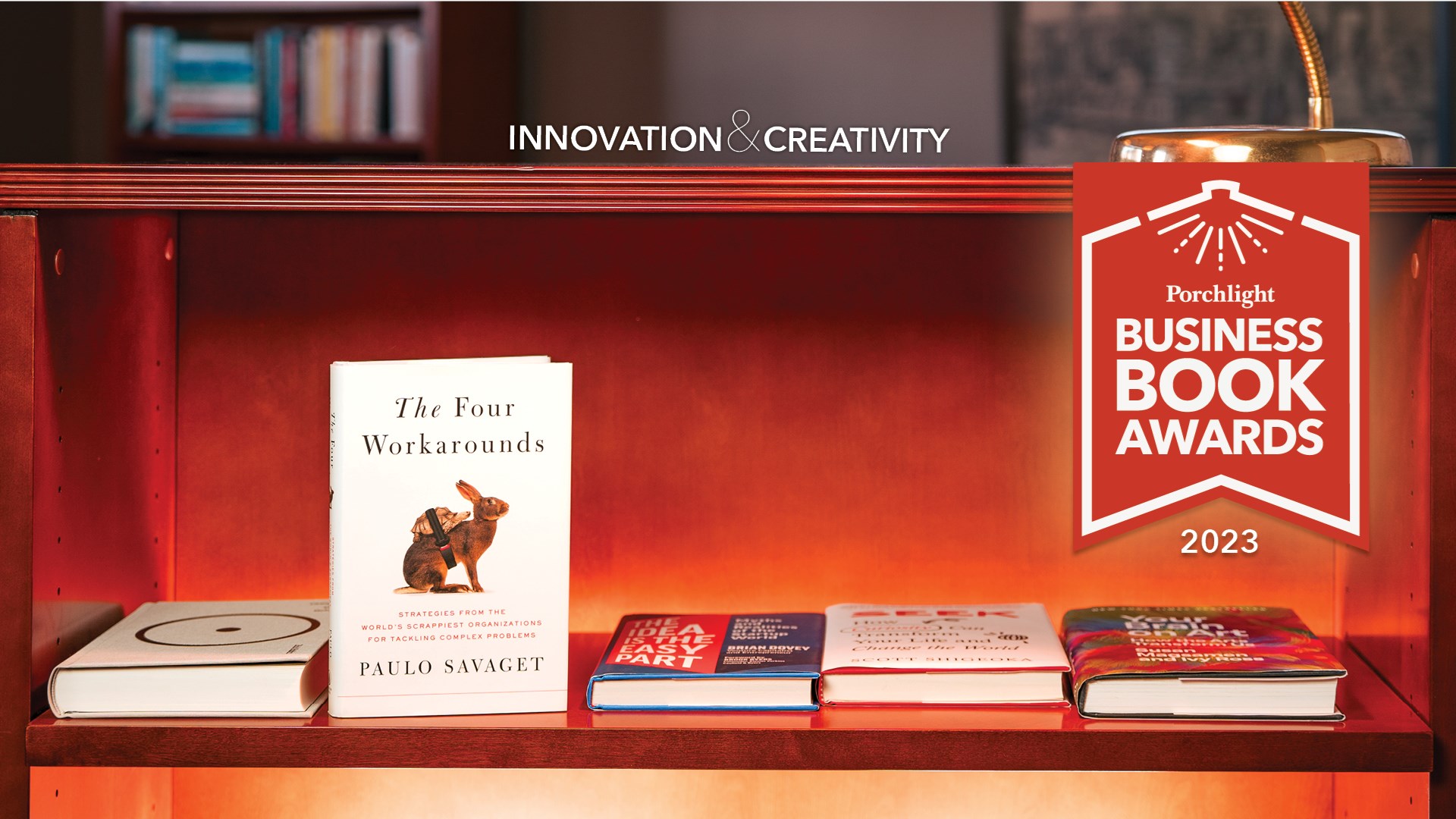
I didn’t plan to study workarounds; I bumped into them as I searched for resourceful ways to tackle complex problems.
I’m now an associate professor at the University of Oxford’s Department of Engineering Science and Saïd Business School, working on applied research that focuses on transforming unjust systems. Before I became an academic, my background combined a bundle of seemingly disconnected activities. I pursued paths that combined my excitement for entrepreneurship with my concerns about social and environmental challenges, such as poverty, inequality, and climate change. I co-founded companies, taught executives, engaged with nonprofits, and worked as a consultant to projects in different settings, ranging from high-end offices of large companies and intergovernmental organizations to remote regions in the Amazon and scattered across Brazilian favelas.
Consulting gave me the opportunity to peek into realities that were very different from mine. Yet whether I was making recommendations for science and technology policy in high-income countries or evaluating social projects with traditional populations in the rain forest, my reports (and, in fact, all the studies I had read) included similar types of recommendations, such as “collaborate more actively,” “improve coordination and alignment,” and “engage in long-term planning.” These recommendations aren’t wrong, but they are too generic. They fail to suggest next steps, particularly in situations where we can’t afford to wait for a solution to a tough problem.
I also became increasingly disillusioned with management practitioners. It seemed that the business gurus tended to ignore the groups that weren’t directly paying them. Worse, over the past decade large companies have been trying to convince nonprofits to be more like them. But my work with nonprofits had taught me that there was a lot that corporations could learn from small organizations that make outsized impacts. I call these small organizations “scrappy” because they’re feisty, resourceful, and operate at the fringes of power. Scrappy organizations have to think quickly out of necessity, and despite some apparent clumsiness they often persist and succeed because of their unconventional methods. But in the business world, learning from the innovative wit and practical ingenuity of these “ugly ducklings” was uncharted territory.
This inspired me to look at deviants—even criminals—who made impactful changes. Once while procrastinating at work I stumbled upon the blockbuster-ready story of a computer hacker and cybercriminal, Albert Gonzalez, in The New York Times. By the age of fourteen he was the ringleader of a group of mischievous computer geeks who had hacked into NASA, drawing the attention of the FBI in 1995. Just about thirteen years later, and after very little additional formal training, Gonzalez was being prosecuted in one of the world’s largest and most complex identity theft cases. At final count, he and his colleagues had stolen more than 170 million credit card and ATM numbers.
Don’t get me wrong, I wasn’t particularly interested in Gonzalez’s malicious motivations, but I was astonished by how he, and many other hackers with meager resources and training, were able to crack computer systems. I knew nothing about coding, but hackers intrigued me, and I couldn’t find much information about them at the time. Management scholars seemed to be interested in hackers only when it came to cybersecurity, and journalists seemed more interested in reinforcing negative stereotypes about hackers than in revealing how they hacked. Despite the fascinating things they did behind computer screens, we knew very little about their methods.
So I knew I had to learn more about hacking.
I started my PhD at the University of Cambridge, as a Gates Scholar, with one question in mind: Can we learn from hackers and deploy their methods to address our world’s most urgent and high-stakes socio-environmental challenges?
Prior to my research, academics had never considered hacking as a means to understand or expedite real-world change. I began by interviewing hackers to find out how they do what they do. I realized that it’s human nature to tackle obstacles head-on, but that this often results in banging our heads against the wall. The secret of hackers is that they weave through uncharted territory and, instead of confronting the bottlenecks that lie in their way, they work around them. These workarounds may not solve problems all at once, but they enable hackers to obtain good enough immediate outcomes—and quick wins can sometimes pave the way for big, unpredicted change.
The way hackers get things done also made me realize that people often follow conventional wisdom, which streamlines our responses to daily tasks. Consider how you have “the way” to do a bunch of things: the way you make pasta, the way you use a hammer, the way you respond to authorities, the way you write an email . . . Although these explicit rules or customary practices help us get stuff done without overexerting ourselves, they also numb us, limiting the realm of possibilities that we see and pursue. We inadvertently don’t explore other ways to make pasta or use a hammer, and we subconsciously dismiss new ways of addressing authorities and creative ways to write an email.
As I dove deeper into online hacker communities, I also found that hacking isn’t limited to the world of computing. As Paul Buchheit, creator and lead developer of Gmail, once wrote, “Wherever there are systems, there is the potential for hacking, and there are systems everywhere.”
This finding was a turning point in my work. I realized that my original premise was wrong; oftentimes organizations the business world tends to think of as “scrappy” were essentially hacking their own problems—even though they didn’t use this term. From working around their obstacles, they addressed critical issues and were sometimes able to leave a powerful legacy, especially when it came to issues that, despite best efforts, seemed intractable.
I then pivoted my research to explore how change makers—entrepreneurs, academics, companies, nonprofits, community groups, and even policymakers—work around obstacles, both on-and off-line, to “hack” all sorts of problems, ranging from global responses to some of the world’s toughest challenges, such as global pandemics, gender inequality, and poverty, to everyday inconveniences. This pivot took me to unexpected places, where I had the privilege of learning from scrappy organizations that don’t get the widespread credit they deserve.
Excerpted from The Four Workarounds: Strategies from the World's Scrappiest Organizations for Tackling Complex Problems. Copyright © 2023 by Paulo Savaget. All rights reserved.


